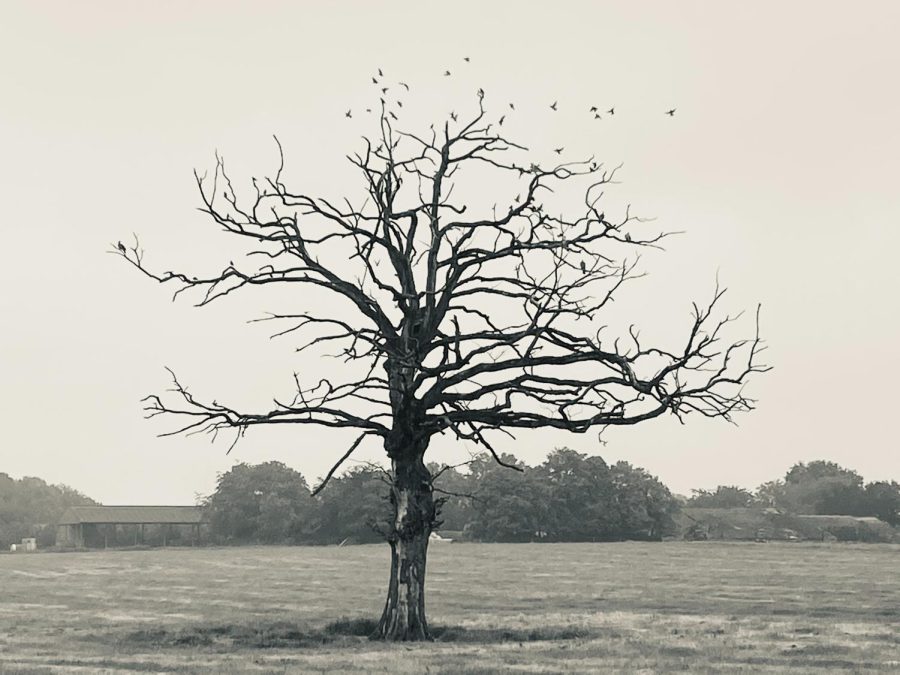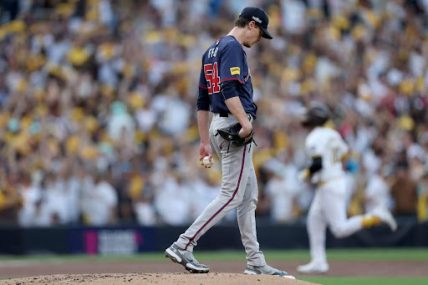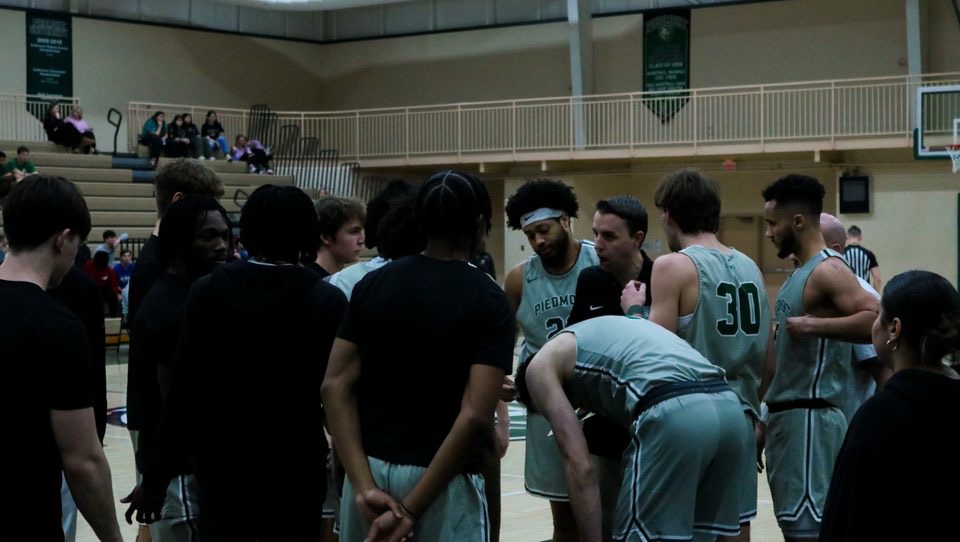What Happens When We Die?
November 1, 2022
This is an interesting line to cross. Technically, religions are conspiracy theories in and of themselves. With nothing but speculation and belief to go on, believers are almost always the object of scrutiny. The interesting thing is that, without describing what these people believe in, it could be about conspiracy theorists or religious devotees.
Much like the episode of Conspiracy Theoryology discussing The Da Vinci Code, this article, in no way shape or form, is meant to discount any religious belief.
Similar to conspiracy theories, religions are sometimes seen as a way to explain the unexplainable. Not in the sense that religions should be held in the same regard of conspiracy theories, but in the sense that people are trying to explain something they are not certain of.
Instead of scrutinizing every detail of each religion’s belief about the afterlife, this article is going to discuss three conspiracy theories about life after death. Those are the reincarnation theory, the simulation theory and the dream theory.
Tying in with religion, the reincarnation theory is found heavily in the Hindu and Buddhist religions. Reincarnation is the idea that after death, a person will reappear in life in a different form. There are also different levels or realms a person can be reincarnated into, whether it be a human, animal or something in nature. This belief goes into more detail, thinking that the physical body is the only thing that can die, but a person’s soul is eternal.
In religions that believe in reincarnation, there is sometimes the belief that karma has a hand in determining a person’s state after reincarnation. For example, if someone has good karma and only does good things while alive, they will be reincarnated as something of high social value. If someone has bad karma, they may be reincarnated into something worse than their previous life.
The next afterlife theory to discuss is the simulation theory. Similar to the idea that life is a simulation, people believe that death is as well. Or, that once a person dies, they will simply be reprogrammed into the simulation that is life. This theory goes a step further, claiming that the simulation of life is just a video game to some higher power.
The simulation theory has been used throughout pop culture and media. In the Netflix show “Black Mirror,” there is an episode in season three that references this idea. The story follows Yorkie and Kelly, two elderly women exploring the simulated town of San Junipero. This simulation allows for those dying to live out their lives in a simulated reality, even after they die. The difference between this episode and the theory is that the people are aware they are living in San Junipero, the theory suggests society is unaware of the simulation they are living in.
A person is on their deathbed and waiting for their last breath to come. Instead of being embraced in darkness, or whatever truly happens after death, the person wakes up at a different point in their life. They question, “was it all just a dream?” This idea is found in the dream theory. Simply put, the dream theory states that once a person dies, they will wake up and their life was instead a dream.
One thing all these have in common is the fact that they cannot be verified. Once a person dies, unless a medical miracle is performed, they cannot come back to life. The deceased cannot confirm or deny what truly happens when people die. Another thing these theories have in common is that they try to make a scary situation more welcoming. There are some people who simply do not want to die, so instead of accepting death, people come up with theories as to what happens after death so it seems less bleak.














Justin Gilead • Feb 27, 2024 at 7:41 am
The main problem of the afterlife revolves around the nature of consciousness. I couldn’t care less about religions, conspirationist and populist ideas as I am a centrist (an hegelian pantheist/absolute idealist kind) whose focus is on macroeconomics and geopolitics. There are no such a things as conspiracy theories in afterlife speculations, only theories supported by near death experiences.
Materialists tend to dismiss idealism as they don’t want to consider consciousness into the great scheme of life – materialists have indeed failed to explain the true nature of consciousness. Actually, some may believe that consciousness is an accident, a mere chemical product born out of matter, out of the brain ; others may believe that consciousness doesn’t exist at all. Some may believe, such as Lenin, that idealism is an anti realist doctrine because of the idealist Berkeley as realism is about the world existing outside of one’s mind – some materialists are anti realists (constructivists) and idealists are mostly realists (dualists, objective idealists). It is then legitimate to ponder if consciousness is nature itself and that both the “subject” and “object” live into it as it’s manifestations?
Nowadays, the world is teeming with nevrotic materialists such as marxists, constructivists, post modern libertines and nazis sociobiologists. They only have despair, angst and/or wrath at their disposal. Conversatives, with their stupid biases on those who don’t think the way they do, can’t yet quite grasp the extent of the contemporary problems. Some conservatives may support sociobiology while they criticise what they believe to be materialism – actually, a confusion with consumerism.